- A Balanced Life
- Manage Stress
- CAM Treatments
- View Full Guide
How to Quiet Your Mind

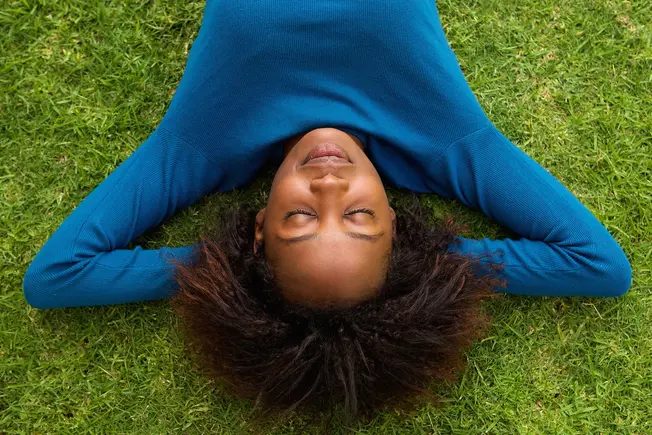
Breathe
We do this all the time, but to use your breathing to find stillness, be more careful and conscious about it. Pay attention to the rhythm. If you take short, quick breaths, try to move toward slower, deeper ones. Put your hand on your belly: You should feel it rise and expand as you draw air in, and fall as you let it out. Shoot for about six breaths a minute.

Watch Fish Swim
People with home aquariums say they feel calmer, more relaxed, and less stressed when they gaze at their fish, and science backs it up. It isn't just the water, although that alone helps. A study using a tank hundreds of times larger found that the more types of marine life that were added, the happier people got. Heart rates and blood pressures dropped, too.
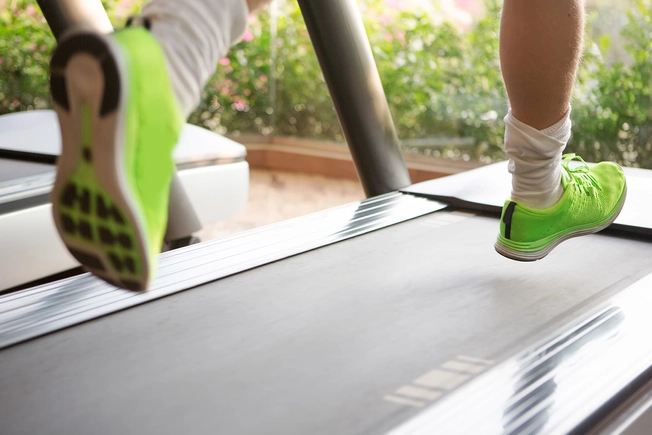
Exercise
Just 5 minutes of aerobic exercise, like a brisk walk, could start to calm your mind. It releases endorphins -- chemicals that make you feel good and can help improve your mood, focus, and sleep. High-intensity interval training (HIIT) can give you a big dose of them in a short time. After warming up, alternate 20- to 30-second bursts of pushing yourself hard (like doing sprints, squats, or fast weightlifting) with equal amounts of rest.

Listen to Music
It literally calms the activity in your brain. Fewer neurons fire in your amygdala (the part of your brain that responds to fear), which may lead to fewer signals sent to other parts of your brain. Music is a good thing to try if you're distracted by pain. Listen closely, not just as background. The more you notice, the less you'll dwell on your other thoughts.

Help Someone
It lights up parts of your brain that make you feel pleasure and connection. Doing something nice for someone lowers stress and lessens feelings of loneliness. It may even boost your heart health and immune response. Fun fact: When you spend money on other people, your body releases more endorphins (the same chemicals from exercise) than when you spend on yourself.

Go Outdoors
Being in and around nature often makes people think more clearly and feel more relaxed and refreshed. Your brain doesn't have to work as hard in a greener environment. In one study, after 20 minutes in a park, children with ADHD were able to concentrate better. Spending time outside can also bring down your heart rate, blood pressure, stress hormones, and even muscle tension.

Progressive Muscle Relaxation
Use the connection with your body to soothe your mind. Pick a body part -- foot, leg, mouth, eyes -- and tense it for a few seconds. Then release and relax for 10 seconds or so. Notice how that feels different. Switch to another part, and keep going until you've done your whole body. This can also improve sleep and may even ease headaches and stomachaches.

Hang Out With a Dog
Whether it's a member of your family or a therapy dog, a friendly pooch can make you feel less anxious, tense, confused, and restless. When you pet and play with them, it seems to lower levels of stress hormones. One reason could be that your body releases oxytocin, a hormone that plays a role in bonding and trust. (Although not studied as much, cats can calm you, too.)
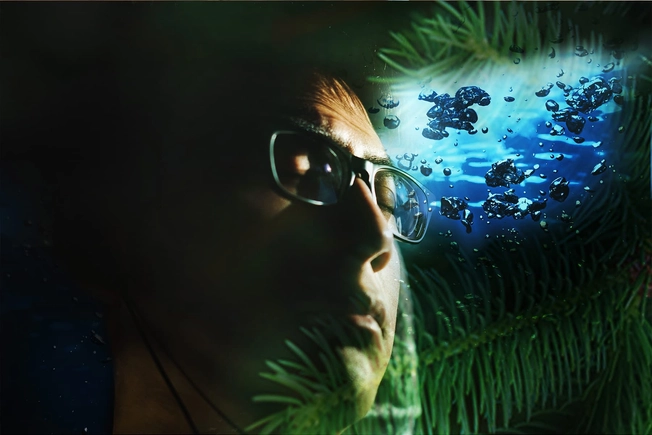
Guided Imagery
Think of a favorite spot, real or imagined, that makes you calm and happy: perhaps a beach at sunset, a comfy chair in front of a fireplace, or a stream in the forest. Focus on details. Can you smell pine needles, for example? See bubbles in the water? Hear the gurgle and splashing? There are audio recordings and apps that can help you through this process.

Hatha Yoga
This mix of challenging poses and controlled breathing helps you turn your awareness to being in the present moment instead of judging yourself and others. There's also evidence that a regular practice lessens anxiety and takes the edge off your natural stress response. Plus, it's exercise that builds your strength and flexibility. Go to a class, and you'll get the benefits of socializing with other people, too.
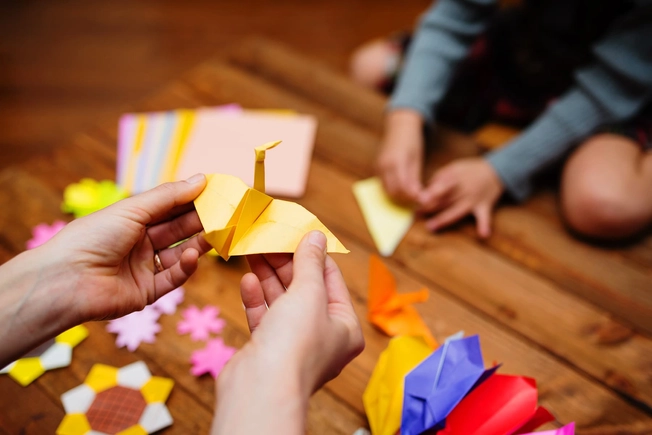
Get Creative
Activities like coloring books, knitting, scrapbooking, and pottery offer an escape for a busy mind. Simple, repetitive actions, especially -- like kneading dough -- can help you redirect your thoughts and tune out the chatter in your head. Let your inner child play! The key is to enjoy the process and not worry so much about the result.

Take a Break
When you find your mind racing full-speed or spiraling down a rabbit hole, change your focus: stretch, daydream, walk around, get a snack, or chat with a friend. Take at least 5 minutes to recharge and reset. You'll be more centered and clear-headed. If you're going to be working intently, set a timer or use an app to remind you to stop every 90 minutes or so.

Dig in the Dirt
It's not just the great outdoors and the exercise at work here. The soil itself has microorganisms that might help you focus and lift your mood. Gardeners are less depressed and anxious, and they feel more connected to their communities.
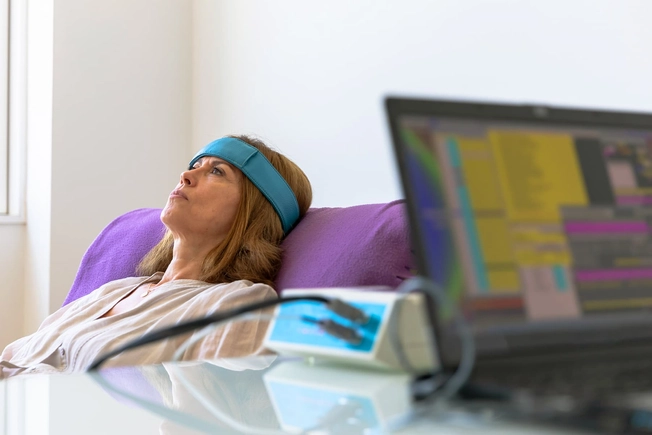
Biofeedback
This technique teaches you to control your reactions to stress. Working with a therapist, you're hooked up to a computer that shows your brainwaves. You could track your heart rate, skin temperature, and breathing, too. This lets you see in real time what happens when you're triggered and when you try to counteract it. Over time, you'll figure out how to calm your body's response on your own.